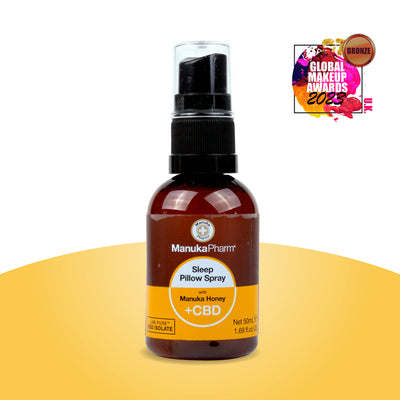Many people harbour unhelpful beliefs about sleep – beliefs which in themselves can sabotage your sleep. I have been helping people to sleep for over twenty-five years and in this time, I have ‘collected’ some of the most common misconceptions about the fascinating process of sleep. I challenge you to reflect on these common myths and decide whether you also believe them. By shifting your mindset, you may find that your relationship with sleep can be dramatically improved.
I shouldn’t wake up during the night
So many people worry about waking during the night when in fact, it is totally normal to do so. We all experience several awakenings during the night – sometimes up to 10 to 15 in a night. However, we usually only remember waking a few times. There is a theory that if we didn’t wake during the night, we might be extinct as a species as we wake to check the ‘cave’ is safe before returning to sleep. Problems arise if we wake up and then can’t get back to sleep – a common occurrence. The biggest obstacle to getting back to sleep is looking at your phone or a clock and checking the time so try to avoid doing this when you next wake during the night and don’t fret about waking up – it is entirely normal.
I can play catch up
Often people take slices of their sleep, going to bed too late and rising too early to meet the demands of life. Their belief is that they can catch up at the weekend. This is not the case. We need to aim to get those hours of sleep in during the week and if we don’t, we can find ourselves getting more exhausted. There is an intelligence in the design of our sleep which we need to pay attention to by establishing good routines and sleep hygiene practices that enable us to live healthily and with optimal energy.
I absolutely need 8 hours of sleep to cope the next day
While it is good practice to aim to get around 8 hours of sleep a night, when we become obsessively fixated on the numbers game, this can become unhelpful. For example, telling yourself you need to get 8 hours on Sunday night can cause poor sleep the night before you start your week. Or worrying about getting 8 hours the night before an important event such as an exam or presentation. The best tactic the night before any important event is to take the pressure off your sleep and to focus on resting well.
It is helpful to measure my sleep
With the development of sophisticated devices for monitoring activity and sleep patterns, some people can become unhelpfully fixated on the data giving rise to a form of insomnia called orthosomnia. This is the sleeplessness that arises as a result of the anxiety caused by the over measurement of sleep and the unhealthy fixation on achieving perfect sleep. The person who is measuring their sleep will usually be highly perfectionistic and likes to be in control. For such personalities, monitoring sleep is not at all helpful.
Napping isn’t good for your sleep
Oversleeping during the day can significantly disrupt your sleep at night. However, a small nap during the day – a power nap – can actually enhance your sleep at night and help to maintain energy levels and focus during the day. A power nap is a 10-20minute period of relaxation done at some point between 2 and 4pm but no later. Any longer or later than this can affect your sleep by depleting your sleep drive which develops throughout the day and is key to getting to sleep efficiently.
My sleep problems will be with me forever!
I have worked with many people who have had sleep problems for decades and maybe even had family members who had sleep problems too. Understandably, they felt that their sleep problems were genetic and that nothing would help them. This is not always the case; sometimes their issues are related to lifestyle and behavioural habits that have been followed and perpetuated throughout generations. The way we sleep is a reflection of how we live and sometimes changing lifelong lifestyle habits – even in small ways - can make a profound difference.





















